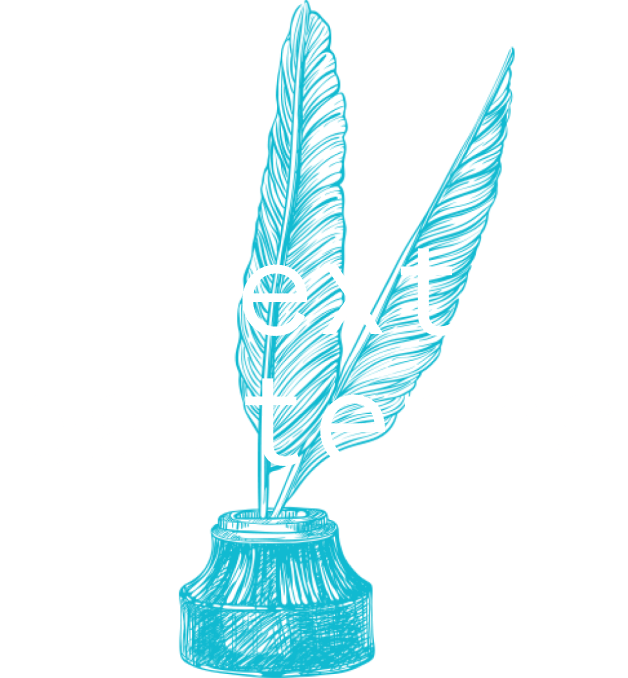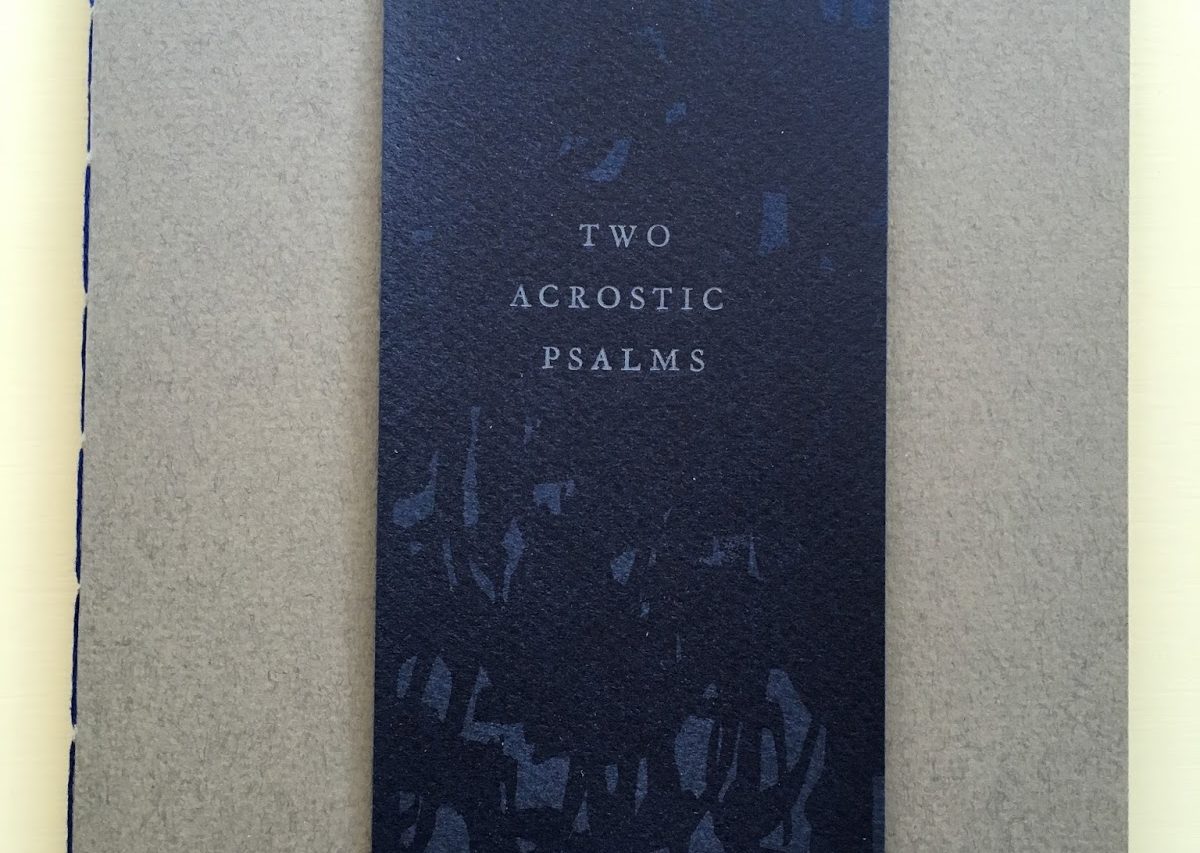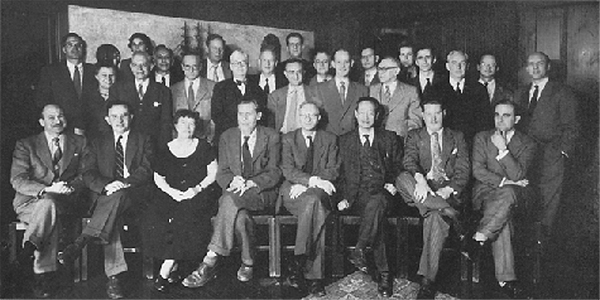December 26, 2016
a change of plan
Re-reading Gravity’s Rainbow — for the first time in decades — has been a remarkable experience. Among other things, I had forgotten how dark the book is and how interested in bizarre sexual practices. But if rereading his first two novels had already begun to reward my intuition that Pynchon was going to help me understand the...



